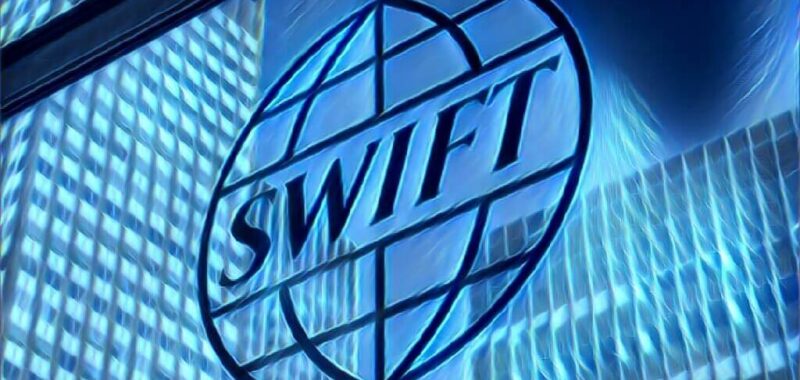- Swift announces plans to streamline adoption of digital assets, including regulated stablecoins.
- Growth in the real-world assets (RWA) market, CBDCs and stablecoins are major reasons for Swift’s initiatives across the blockchain space.
Swift, the financial messaging network supporting the international payments system, is working towards a broader adoption of digital assets and currencies. This includes the use of regulated crypto assets.
According to Swift, the goal is to enable network members to tap into their Swift connection for transactions that leverage both traditional currencies and digital assets.
Swift eyes regulated digital assets
The announcement on Sept. 11 came as Swift said it’s moving forth to the next stage of this initiative after a series of pilot programs. Partnerships with blockchain and crypto platforms have been part of the progress, with one notable collaboration involving Chainlink.
A lot of the movement has come amid projections of fierce competition for Swift from blockchain alternatives. The piloting of alternative platforms have also seen Swift seek to unlock the benefits of tokenization for its members.
We’re paving the way towards real-world solutions that will enable our members to transact interchangeably with regulated #DigitalAssets and currencies on the Swift network.
👉 Discover what’s next on this exciting journey: https://t.co/SUwRPAtcdg#DigitalCurrencies #innovation pic.twitter.com/SPn0caIHgJ
— Swift (@swiftcommunity) September 11, 2024
Swift notes that blockchain interoperability experiments have revealed how the network’s infrastructure is capable of facilitating tokenized value transfers across both public and private blockchains.
Real-world assets aside, Swift has seen key collaborations across the central bank digital currencies space. These sectors, which have grown amid an explosion in stablecoin use, are what the interbank messaging provider believes could work into real-world solutions for its members.
Forecasts for RWA market
Various forecasts for the industry, including Standard Chartered and Synpulse’s estimate that the RWA market will reach $30 trillion by 2034, further add to this perspective.
Swift plans to interlink traditional and emerging digital assets amid the tokenization boom. This is the path to real-world solutions that enable multi-ledger delivery-versus-payment and payment-versus-payment transactions, it said.
When launched, both DvP and PvP aim at allowing for the real-time purchase and exchange of tokenized assets.

